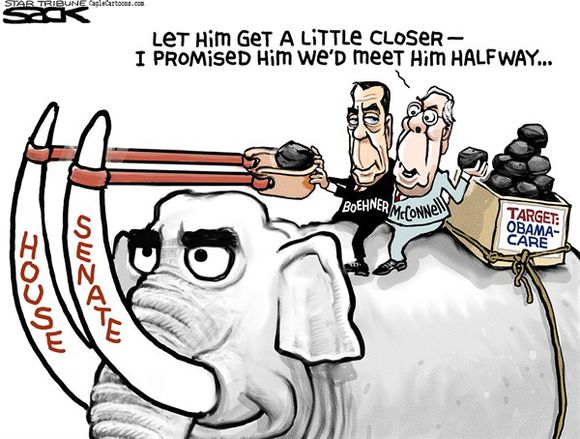(单词翻译:单击)
听力文本
It would not be beneficial to financial interest, so it was very much opposed by the sort of financial establishment
但这也与金融业的利益背道而驰,遭到了各个金融机构的强烈反对
The populist though had a lot of other ideas considered radical of the time
平民论派在当时还有很多其他被认为较为激进的主张
It's interesting a lot of them later came to pass
有趣的是很多主张都在后来逐一实现了
For example, they wanted regulation of banks
例如他们要求对银行加强管理
They wanted a graduated income tax, in another words, a progressive income tax
提倡分级的个人所得税制度即渐进式的收入税制,
where the wealthy have to pay higher percentages on their marginal income
对收入高者征税比重应较高
They wanted senators to be directly elected
他们还提倡参议员的之选
Back in these days, US senators were elected by the state legislature, not by the people
当时美国的参议员是由各州的立法机关选出的,而非来自普选
They wanted 8 hour work day
他们倡导每日8小时工作制
and they wanted government control of railroads, telegraphs and the new telephone system
认为政府应该接管铁路、电报和新建立的电话通讯体系
Railroads was a huge issue
铁路是个很重要的问题
The populist view the railroads as monopolistic charging farmers far too much money
平民论者认为铁路被巨头垄断压榨农民的辛苦钱
has been far too cozy with financial interest
从而获取暴利
and that was a big part of their platform
因此铁路问题占了他们政纲很大篇幅
Well, you can see where the populist did well
从图中能看到平民党在哪里比较受欢迎
They formed a new party, Populist Party
他们组建了一个新的政党,平民党
and they did extremely well in some of the great plains states Kansas and Nebraska,
他们在大平原堪萨斯,内布拉斯加州区战绩非常出色
also pretty well in North Dakota and they did really well in Colorado, Wyoming, Idaho and Nevada
北达科他州支持率都很高,在科罗拉多州,怀俄明州,爱达荷州和内华达州,也一样
视频及简介
这一集大致讲述了1920-1972年总统大选的历史与过程,主要以一战、1929大萧条、二战、美苏冷战为历史背景,穿插了西奥多罗斯福,富兰克林罗斯福,杜鲁门,肯尼迪等几位著名美国总统的竞选和执政经历。


